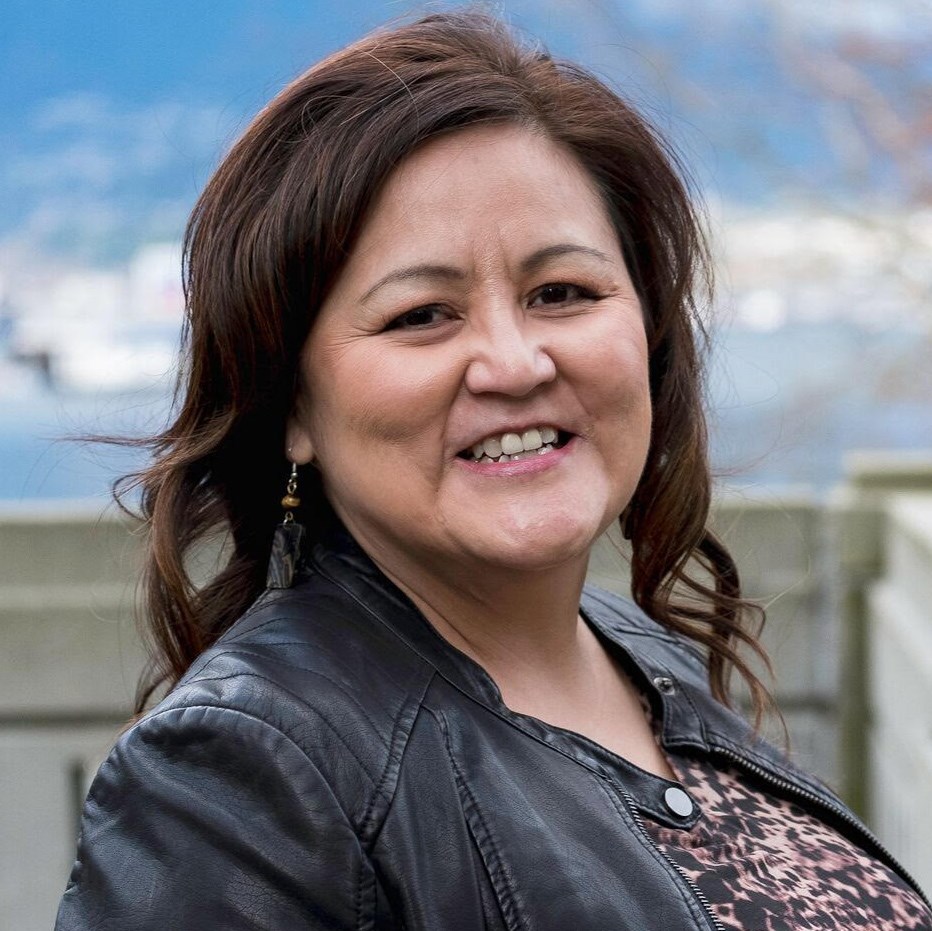Prime Minister Trudeau’s reception of Japanese Prime Minister Kishida Fumio in January was more than the usual international embarrassment. It was a pair of world-class opportunities cast aside for no apparent reason.
Kishida leads a country of 125.5 million people. Although its economy has struggled, Japan remains the world’s third-largest national economy and one of Canada’s most important trading partners.
Canada’s exports of merchandise to Japan totalled $14.5 billion in 2021, while imports from Japan were $15.5 billion. It is our largest source of direct foreign investment, and the exchange of Canadian minerals, natural gas, agricultural products and softwood lumber for Japanese vehicles, electronics, and medical technologies, to name a few, makes Japan our fourth-largest trading partner.
True, there was some agreement in Ottawa on security issues and general economic expansion. But in the hyper-critical area of energy security, one would expect that when the Prime Minister of Japan asks the Prime Minister of Canada for assurance of natural-gas supplies (to replace reliance on Russian and Chinese energy) Canada would respond in the spirit of geopolitical good sense and economic self-interest.
Instead, Mr. Trudeau offered up a non-committal lecture on decarbonization and energy diversification.
Not long ago, our prime minister turned his back on Germany’s interest in securing liquefied natural gas (LNG) from eastern Canada.
While it is not his responsibility to assess the “business case”, there is some merit in the observation that the infrastructure to supply LNG from the east coast is essentially nonexistent.
However, no such impediment exists to supplying Japan’s energy needs from Canada’s west coast. Here, the LNG Canada export terminal at Kitimat is expected to be operational in 2025, fed by the Coastal GasLink pipeline. And Woodfibre LNG aims to open in 2027.
Much of this export capacity has been made possible by the participation of First Nations, 20 of whom are involved in LNG distribution through Coastal GasLink benefits agreements, employment and contracting, and potential equity participation.
In addition, the Haisla Nation’s Cedar LNG project and the Nisga’a Nations Ksi Lisims LNG project are moving forward. Cedar LNG could be in production by 2027 or 2028 and Ksi Lisims LNG could be operational in late 2027 or 2028. At the moment, unexplained federal and provincial regulatory decision delays for Cedar LNG are disconcerting.
In short, First Nations have done our part by sharing the wealth of our territories while taking measured risks to lift our people from poverty. Facing a cold, dark future under current federal policies, Canada should do no less.
The second opportunity Prime Minister Kishida’s visit offered was an occasion for the Trudeau government to change its climate narrative.
Natural gas is a transition fuel that can help other nations make the change from coal to cleaner energy while helping to lift populations out of poverty.
The world doesn’t care one bit about LNG’s contribution to Canada’s insignificant 1.6 per cent of global greenhouse gas emissions. The world does care about people, security and economics. Countries will get their gas from whoever will supply it, and those other suppliers will profit while Canada wallows in division and debt.
Prime Minister Kishida has opened a new opportunity to prosper together and to introduce a measure of reason into Canada’s climate-change policies.
In an increasingly unstable and dangerous world, Prime Minister Trudeau would do well to reconsider the cost of opportunities lost.
Karen Ogen is CEO of the First Nations LNG Alliance. She has served as elected chief of the Wet’suwet’en First Nation 2010-2016, and twice as a council member.




